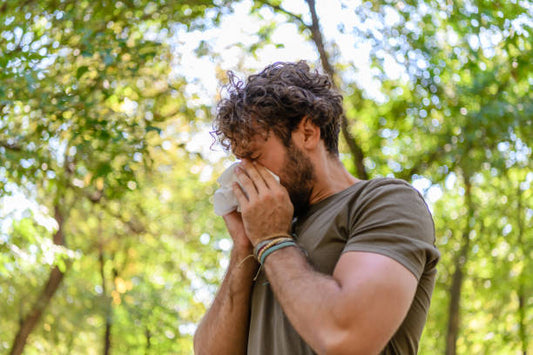
Apart from shoes, bags, and appliances, fake Tongkat Ali supplements can be purchased online. Can you believe that? It’s like everything is being illegally reproduced, which is why you need to be extra careful. Not only supplement knockoffs can cost you, but also put your health at risk. A quick search on the internet can show you the dangers of drinking fake Tongkat Ali supplements.
Why Tongkat Ali is Being Counterfeited?
Since Tongkat Ali herb can be expensive, many illegal sellers imitate the supplements, knowing they can sell them at a lower price. These sellers could add the right active ingredients but at the wrong dose; use cheaper kinds of Tongkat Ali and additives, which may be harmful to the body. They might use the same box and packaging that genuine suppliers have been using to deceive people, too. The result is counterfeited medicines that are dangerous and could be deadly if taken daily.
But if you know how to spot counterfeits, you can be safe. Here are some ways on how to determine a genuine from a fake product:
- Read Reviews
Read reviews to learn more about the supplements’ authenticity. By doing so, you can also see if the products are effective and fit your needs. Just be wise as fake reviews exist as well. If you’re seeing a bunch of five-star comments which are made of few words and sounds the same, there’s a chance they were written by one person who might have been paid by the seller.
Be cynical if there are hundreds of reviews, but you can’t see any neutral or unpleasant comments. Tongkat Ali doesn’t work for everybody, so it would be suspicious if all the customers loved the product.
- Pay Attention, But Don’t Rely Too Much on the Packaging
It can be easy to confuse a real product from a fake one if they look so much alike, right? Counterfeiters know this well. What we’re trying to say is to don’t put too much faith in the labels, especially when shopping online. Most imitators use the greatest equipment to copy labels, which could fool people. Still, it wouldn’t hurt to inspect the packaging thoroughly. You might find an error or two in the spelling and images, which could give you a hint about the supplements’ authenticity.
Research the kind of Tongkat Ali they use as well. If the label says it came from Indonesia, ask for proof that the herb is imported from Indonesia. Some use Malaysian Tongkat Ali, but state a different thing on their package.
- Check If There’s Money-Back Guarantee
While we’re not saying that companies that don’t offer money-back guarantee are counterfeiters, it’s better to look for those that give a refund. This keeps you safe and lets you enjoy your purchase should you be unsatisfied with your orders.
- Look at the Seller’s Profile
Check the authorized or third-party sellers’ profiles. Do they state their company’s address? How about their contact information? Hit the web to see if their location is valid. Contact the number pasted on the package and find out if it’s the same on their website. You can email them as well. Use and verify all the information you’ll get from their profiles for better judgment.
Takeaway
The World Health Organization has anticipated that 1 out of 10 medicines, especially in third-world countries are fake. The figures show the prevalence of knockoffs when it comes to medicines. As a consumer, it is your obligation to be cautious when shopping be it medicines or supplements. Before completing a purchase, scroll down and look at the sellers’ reviews, profiles, and images.




